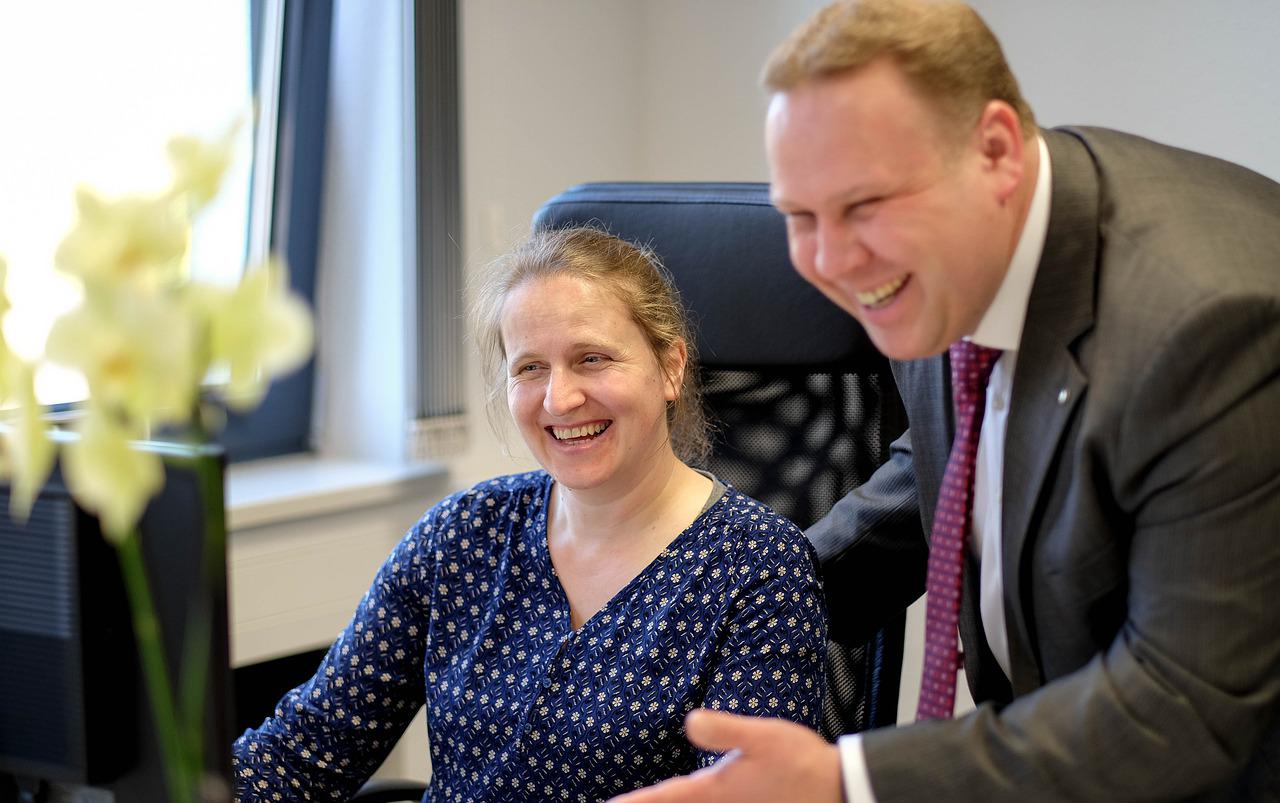This has contributed to a 20% increase in empty office space in London since 2020.
David Hannah, Group Chairman at Cornerstone Tax, discusses how this trend, which began in the pandemic, could be set to continue
Key Stats:
- 21% of Brits say that their career aspirations have transformed from climbing the corporate ladder to starting an independent business
- 18% of Brits say they want to leave their 9-5 job to pursue a business endeavour with their family
- 38% of Brits agree they would rather have flexible working options than a pay rise
The pandemic has caused more Brits to pursue a dream of starting their own small business as data from Cornerstone Tax shows that over the past year 21% agree that their career aspirations have transformed from climbing the corporate ladder to starting an independent business. Adding to this, 18% stated they wanted to leave their 9-5 job to pursue a business endeavour with their family. When starting the journey of building a small business, having a base is critical. Utilising spare space at home has become increasingly popular since the pandemic, as it provides an opportunity for Brits to start their small business endeavours at no extra cost.
According to The U.S. Small Business Association, 50% of all small businesses in the US are home-based, highlighting the genuine option of utilising a home property for work. With the advancements in technology, operating a business from the comfort of your home has become perfectly manageable and it seems to be affecting the rentals of offices within the UK. London now has 20 million square feet of empty office space – marking a 20% rise since 2020, as London boasts the highest commercial rents in Europe.
An empty annex, outbuilding or garage provides a chance to succeed in the business environment with a countless number of the world’s biggest companies starting at home, including: Disney, Google, Microsoft and Amazon. The number of new businesses in the UK increased by 14% in the last year marking a wave of entrepreneurialism from Brits. Homeowners have the ability to utilise their unused space to run a business and pursue a new career path. Cornerstone Tax’s study also found that more than a third (38%) of Brits agree that they would rather have flexible working options than a pay rise. This paints a picture of a nation that has made a conscious decision and one that is here to stay.
David Hannah, Group Chairman at Cornerstone Tax discusses the desire from Brits to start businesses at home:
“It’s been fantastic to see the new wave of entrepreneurial Brits who are now taking matters into their own hands and using a garage or spare bedroom to run profitable businesses.
“Partly due to this, we have seen a 20% increase in unused office space in London since 2020. Major urban centres will always be hubs of creativity and opportunity but could become more and more for younger sections of society looking to learn, grow and expand their horizons. What our data also shows is that people also want to escape the proverbial ‘rat race’ in favour of independence and being your own boss. The current vacancy crisis in the world of work is testament to this.
“This could also be a golden opportunity to provide the UK property market with some much-needed stock. Landlords of empty office spaces now have the option to convert them into housing under permitted development rights.”



 Bitcoin
Bitcoin  Ethereum
Ethereum  Tether
Tether  XRP
XRP  Solana
Solana  USDC
USDC  TRON
TRON  Cardano
Cardano  Lido Staked Ether
Lido Staked Ether  Avalanche
Avalanche  Toncoin
Toncoin